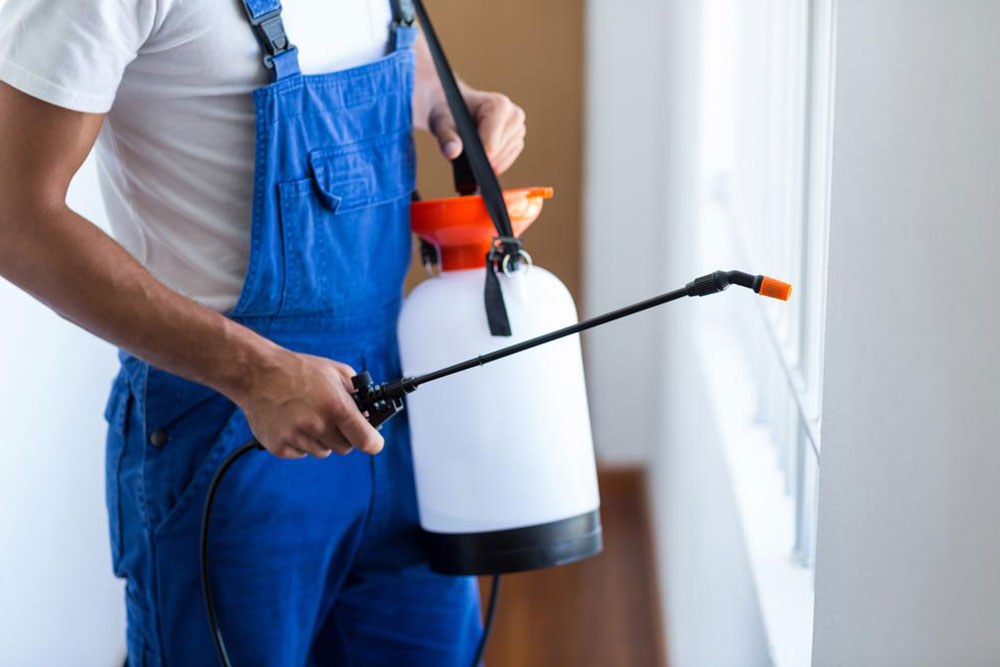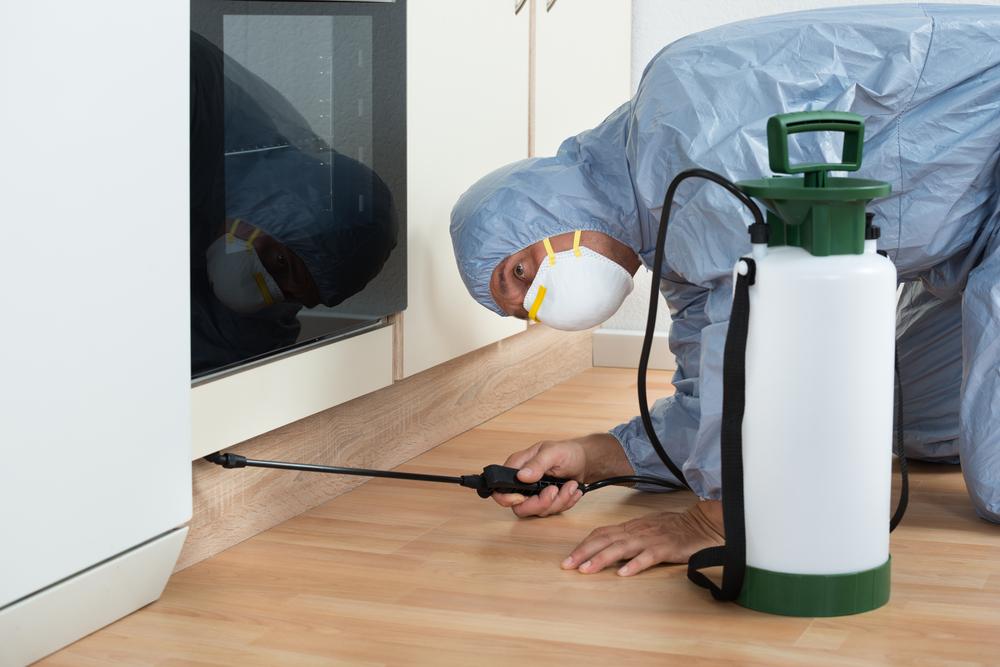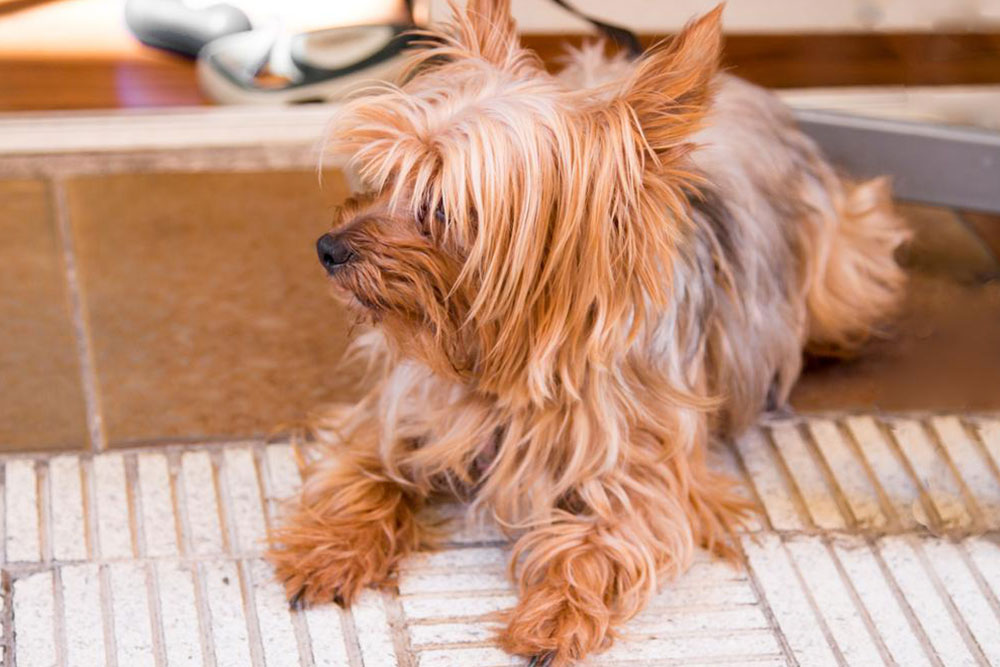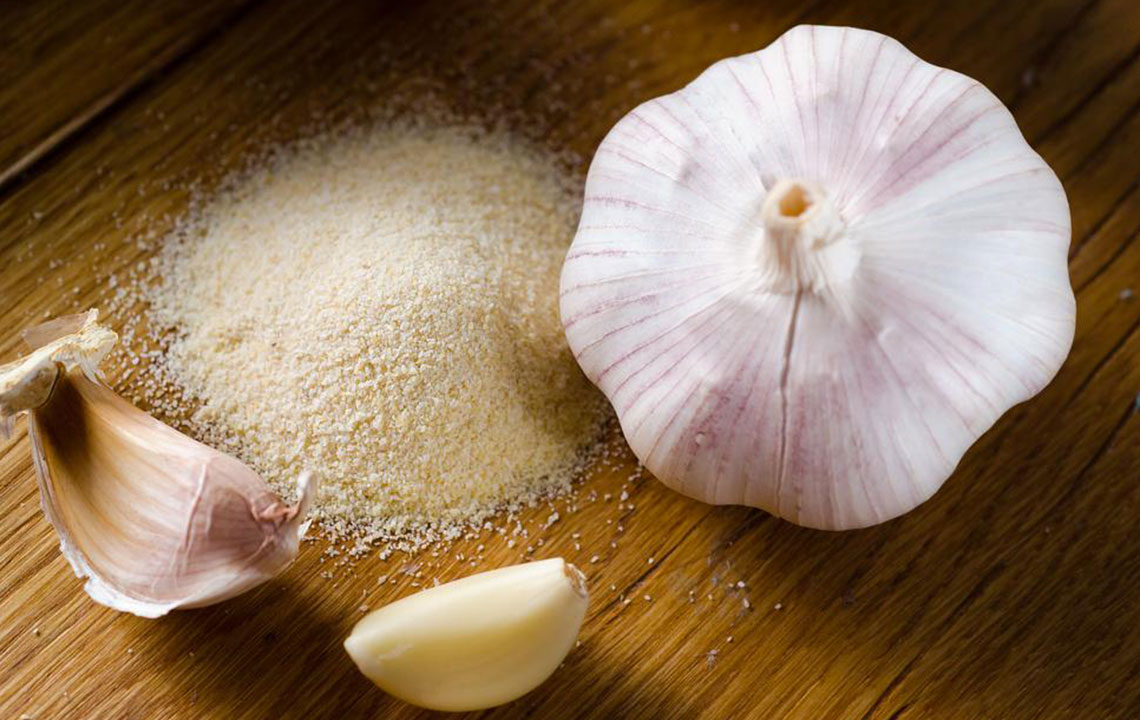Effective Natural Remedies to Prevent Mice Infestation and Protect Your Home
Discover natural and effective solutions to keep mice away from your home. From ammonia and peppermint oil to cloves and spicy sprays, learn how to use these eco-friendly methods to prevent infestations. Maintain a clean environment and utilize natural deterrents for a safe, pest-free home.
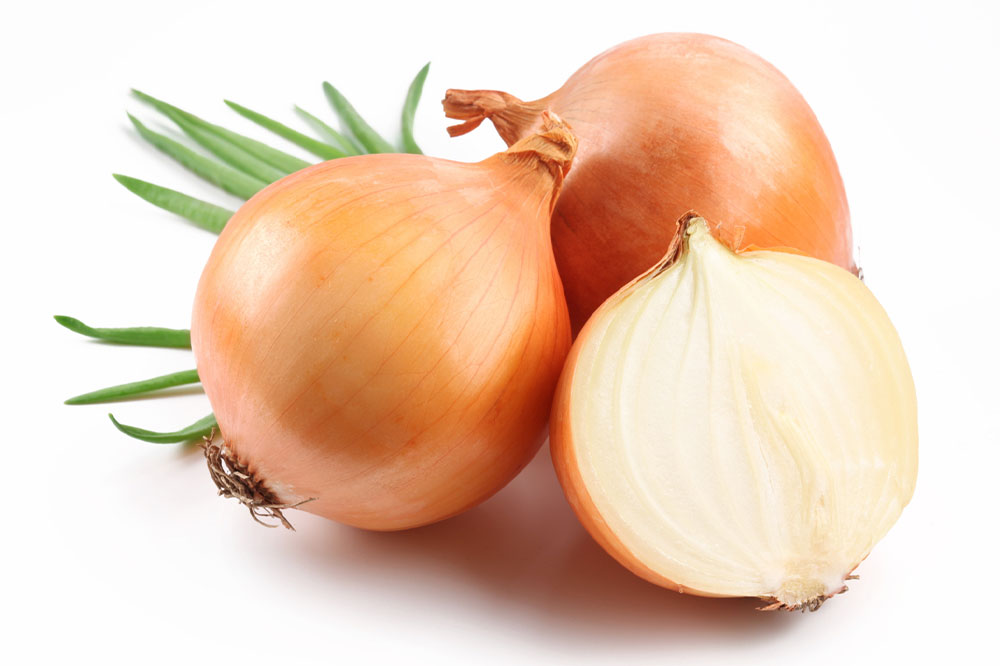
Effective Natural Remedies to Prevent Mice Infestation and Protect Your Home
Mice are notorious for causing significant damage indoors and posing health risks by spreading diseases such as salmonella. These small rodents often infiltrate homes, especially seeking shelter in warm, hidden areas like kitchens, cabinets, and walls. If you notice signs of mice, it is crucial to act swiftly to mitigate infestation and prevent further issues. Engaging professional pest control services combined with natural, eco-friendly deterrents can effectively keep mice at bay. Utilizing natural repellents not only safeguards your household health but also offers a safe alternative to chemical solutions, making them suitable for homes with children and pets.
Ammonia
Ammonia is widely recognized for its powerful, pungent smell that mice find extremely unpleasant. Derived from the urine of larger animals such as cats, dogs, and wolves, ammonia acts as an effective natural repellent. To utilize ammonia as a deterrent, soak cotton balls or cloth pieces in ammonia and place them strategically in areas where mice tend to frequent — such as along baseboards, inside cabinets, or near entry points. It’s important to ensure these placed items are out of reach of children and pets for safety reasons. This method is especially effective when left overnight, as the strong aroma disperses and discourages mice from returning. Regularly refreshing the ammonia-soaked materials ensures ongoing repelling effectiveness.
Peppermint Oil
Peppermint oil is renowned for its invigorating scent, which also acts as an effective natural mouse repellent. Mice dislike strong, minty smells and tend to avoid areas infused with peppermint. To harness this, soak cotton balls in peppermint essential oil and place them near common entry points like doors, windows, vents, and beneath sinks or appliances. Replacing the cotton balls weekly maintains a potent scent that keeps mice away. Additionally, peppermint oil can be mixed with water and sprayed around problem areas for an additional layer of protection. The pleasant aroma also serves to freshen indoor spaces, making this an eco-friendly and pet-safe deterrent option.
Mothballs
Mothballs contain naphthalene, which emits a strong, distinctive odor that mice find repelling. While mothballs are traditionally used for fabric protection, placing them outside along entry points or in garages where mice activity has been observed can effectively prevent rodents from entering your home. However, due to the chemical's toxicity, mothballs should be used with caution, ensuring they are kept away from children, pets, and food items. Proper ventilation is recommended when using mothballs to avoid inhalation of fumes. For those seeking less chemical-dependent options, natural alternatives like peppermint oil or cloves are preferable.
Clove Oil
Clove oil, derived from dried flower buds, has a pungent aroma that naturally deters mice. Its strong scent disrupts their sense of smell and discourages them from establishing nests or entering your home. To utilize clove oil, soak cotton balls in a few drops of the oil and place them at points of entry, near nesting sites, or along pathways frequented by mice. Replacing these cotton balls weekly maintains their potency. Clove oil is safe for indoor and outdoor use, making it a versatile natural repellent that also imparts a warm, spicy aroma to your surroundings.
Spicy Spray
Creating a spicy spray involves blending hot spices like chopped habanero peppers or chili flakes with water and spraying the mixture around targeted areas. This solution releases an irritating scent that mice find intolerable. The capsaicin in chili peppers causes a burning sensation in their eyes and noses, prompting them to abandon the treated areas swiftly. Always wear gloves when preparing spicy sprays and avoid over-spraying indoors to prevent discomfort for humans and pets. Regular reapplication after cleaning or rainfall is necessary for outdoor use to maintain its efficacy.
Detergent and Tabasco Mixture
Combining dish soap with Tabasco sauce results in a mixture that irritates mice’s eyes, noses, and skin upon contact. This solution can be sprayed on surfaces or entry points where rodents are active. The sticky, spicy nature of the mixture discourages mice from continuing to use these areas, encouraging them to seek shelter elsewhere. Use caution when applying this mixture, especially indoors, to avoid contact with your skin or eyes. Regular inspection and reapplication ensure continued protection against rodent intrusion.
Cat's Scent
The natural hunting instincts of cats make their presence or scent a formidable deterrent to mice. Simply having a cat in the house can significantly reduce rodent activities. Additionally, the smell of cat urine or even cat hair and litter can discourage mice from settling in or entering the premises. Positioning a cat litter box in problem areas or placing items that carry cat scent can be an effective non-toxic method to repel mice. This natural approach is especially appealing to pet owners seeking humane solutions.
Dryer Sheets
Dryer sheets contain fragrances that are overwhelming for mice and their sensitive noses. To leverage this, place used or unused dryer sheets around entry points, behind appliances, and along baseboards. Replacing the sheets once their scent fades maintains continuous protection. This simple trick is convenient, inexpensive, and safe for household members. The strong scent acts as a barrier, preventing mice from sneaking indoors while also leaving a fresh, clean smell in your home.
Maintaining a clean and sanitary environment is fundamental in preventing mice and other pests. Regular trash disposal, cleaning up food crumbs, sealing holes and cracks, and storing food in airtight containers all contribute to reducing the attractiveness of your home to rodents. Combining these sanitation practices with natural deterrents creates an effective, eco-friendly approach to pest control, minimizing chemical use and promoting a healthier living space.

